It goes without saying that confidential information should remain confidential. With GDPR looming over us all, it’s more important than ever to ensure that any confidential waste is dealt with correctly and, most importantly, legally. If confidential waste is mismanaged, it can be lost or stolen which can lead to hefty fines down the line.
At Great Western Recycling, we work with businesses across the UK to dispose of their confidential waste properly and efficiently. There’s a fair bit to consider, and a lot of documentation to think about when scrubbing for confidential information. Our team have plenty of experience when it comes to identifying and dealing with confidential waste.
In this article we’ll run you through the dos and don’ts of confidential waste disposal.
What is Confidential Waste?
One of the most pressing questions: what actually counts as confidential waste? Confidential waste is any waste that contains the names, addresses, contact details, or any other sensitive data of your clients and staff. As a business, it’s natural to gather this information, so when it’s either no longer useful, or you’ve exhausted the function of wherever it’s stored, it’s important to completely destroy any trace of its existence in order to stop unwanted parties from accessing this data.
What Businesses Produce Confidential Waste?
Any business/organisation that deals with the public will gather confidential data in one way or another. In short, every organisation in history with at least one customer/lead will need to consider how they dispose of any confidential waste. This includes, but isn’t limited to:
- Businesses
- Schools/education establishments
- Government bodies
- Charities
Unfortunately, confidential waste is one of the by-products of doing business, so should be considered at every step to avoid large fines.
Where is Confidential Information Stored?
Confidential information sneaks into everything. While you (quite rightly) might be picturing a filing cabinet filled with sensitive papers, there’s a wide variety of other, less obvious, places that your data is stored. We often find sensitive data on:
- Letters (addresses & names in particular)
- Receipts
- Invoices
- USB devices
- DVDs
- CDs
- Laptops & desktop PCs (old, disused laptops & PCs are often forgotten, but they can contain tonnes of confidential data).
While this isn’t an extensive list, it gives you a good idea of the wide variety of places that data can be found.
Your Legal Obligation as a Business
As mentioned, breaching GDPR can bring with it hefty fines. All businesses that operate in the UK are subject to these rules. If you breach GDPR, and leak data that belongs to your customers, you could be fined up to 4% of your annual turnover, or £17.5m, whichever is highest. The cost of confidential waste disposal is dwarfed by this amount!
How to Legally Dispose of Confidential Waste
Before we get into how best to dispose of confidential waste, it’s worth discussing what not to do first.
- Avoid throwing sensitive documents, or documents which might contain any personal data, directly into the bin. If you’re a relatively small organisation, invest in a shredder and make sure that everything’s run through that before disposal.
- Be careful using skips/general rubbish disposal companies. Unless your disposal team are specialists in confidential waste, you could end up with your data remaining in-tact and accessible in a landfill.
- Never fly tip – of course, fly tipping is against the law regardless, but any data that’s been fly tipped is very likely to be accessed, and you have zero control over what happens to your waste once it’s dumped.
The best first step is to take the time to educate your team on the importance of confidential waste disposal. Make sure that everyone is up to speed and working towards keeping your data safe; it only takes one weak link to cause a data leak.
Other than that, if you need a large amount of sensitive data destroyed at once, then it’s a good idea to contact confidential waste specialists. It’s easy to keep up in a small office with a shredder or two, but once you’ve got a large team, it quickly becomes difficult to manage shredding on your own. Many companies invest in a secure disposal box, which is collected regularly by specialists and is shredded en masse to ensure it’s correctly disposed of.
Expert Confidential Waste Disposal with Great Western Recycling
At Great Western Recycling, we understand the importance of sensitive data, and we’ve got years of experience handling and destroying confidential waste in a way that keeps your business compliant with GDPR.
If you’d like to find out more about our confidential waste disposal offering, or any of the many other services that we offer, get in touch with us today.
